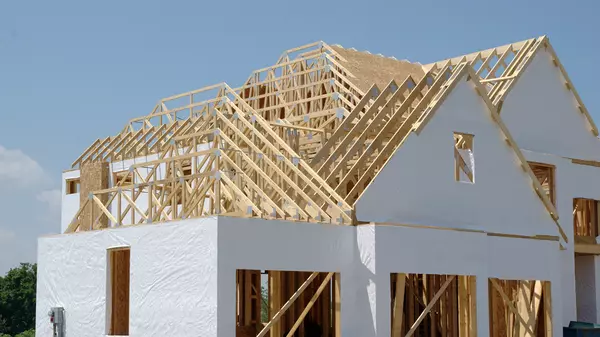CDD vs. HOA: Understanding the Differences, Similarities, Pros, and Cons

When buying or selling a home, especially in planned communities, you’re likely to encounter terms like Community Development Districts (CDDs) and Homeowners Associations (HOAs). Both play significant roles in maintaining and enhancing the quality of life within communities, but they differ in structure, function, and financial impact. Let’s dive into what sets them apart, how they overlap, and what you should consider when choosing a property in Los Angeles County.
What Is a CDD?
A Community Development District (CDD) is a special-purpose governmental entity created to finance, manage, and maintain infrastructure and amenities in a planned development. CDDs are common in large master-planned communities and are typically funded through bonds repaid by homeowners as part of their property taxes.
Key Features of a CDD:
-
Infrastructure Development: Funds roads, utilities, drainage systems, and recreational facilities.
-
Long-Term Financing: Homeowners pay a portion of the bond repayment annually.
-
Governance: Managed by a board that may initially be developer-controlled but eventually transitions to homeowners.
What Is an HOA?
A Homeowners Association (HOA) is a private organization established to maintain the aesthetic standards, rules, and common areas of a community. HOAs are funded through monthly or annual dues paid directly by homeowners.
Key Features of an HOA:
-
Rule Enforcement: Oversees architectural guidelines and community rules.
-
Common Area Maintenance: Manages shared spaces like parks, pools, and clubhouses.
-
Governance: Typically run by a board elected by homeowners.
How Are CDDs and HOAs Similar?
-
Community Amenities: Both CDDs and HOAs often provide amenities like pools, parks, and clubhouses.
-
Maintenance Services: Each entity ensures upkeep of shared spaces and infrastructure.
-
Community Governance: Both may involve homeowner participation in decision-making.
-
Cost to Homeowners: Living in a community with a CDD or HOA usually comes with added costs, though they are structured differently.
Key Differences Between CDDs and HOAs
| Feature | CDD | HOA |
|---|---|---|
| Funding | Added to property taxes | Direct dues or fees |
| Scope | Infrastructure and long-term development | Community standards and amenities |
| Legal Authority | Quasi-governmental entity | Private organization |
| Duration of Fees | May decrease once bonds are paid off | Ongoing |
| Control Transition | From developer to homeowners over time | Managed by elected homeowner board |
Pros and Cons of CDDs
Pros:
-
Provides upfront funding for high-quality infrastructure and amenities.
-
Long-term planning ensures a cohesive community development.
-
Fees may decrease or end once bonds are repaid.
Cons:
-
Fees are part of property taxes, which can complicate budgeting.
-
Lack of transparency about bond repayment timelines.
-
Governance may initially favor developers.
Pros and Cons of HOAs
Pros:
-
Ensures property values through consistent enforcement of standards.
-
Focuses on community aesthetics and amenities.
-
Homeowners have a direct say in community rules.
Cons:
-
Fees are perpetual and can increase unexpectedly.
-
Strict rules may feel restrictive to some homeowners.
-
Disputes with the HOA board can arise.
Prevalence in Los Angeles and Orange County
In Los Angeles and Orange County, HOAs are far more prevalent than CDDs. HOAs are common in cities like Santa Clarita, Calabasas, and Irvine, where gated communities and planned developments dominate. While CDDs are more frequently found in states like Florida, they do exist in select master-planned communities in California, often in newer developments with large-scale infrastructure needs.
If you're exploring homes in areas like Porter Ranch or Valencia, you may encounter these types of communities. Understanding their structures can significantly impact your decision.
Need Help Navigating CDDs and HOAs?
Whether you’re buying or selling in a community with a CDD or HOA, understanding these entities is crucial. I specialize in helping buyers and sellers in Los Angeles County and can guide you through the complexities of these communities.
Contact me today to start your journey toward finding the perfect home or maximizing your sale. Let’s make the process smooth and stress-free together!
Categories
Recent Posts










GET MORE INFORMATION


